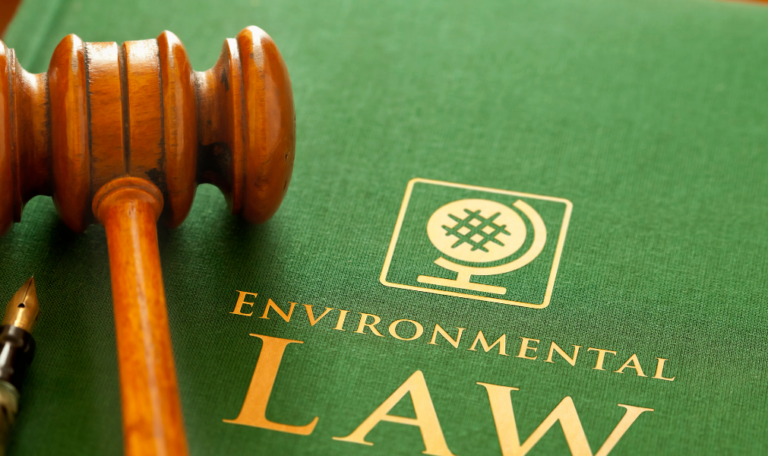Land Use Act and Waterfront Property Allocation; How the Land Use Act Shapes Riverbank and Waterfront Property Allocation (A Must-Read!)..


Land Use Act and Waterfront Property Allocation; How the Land Use Act Shapes Riverbank and Waterfront Property Allocation (A Must-Read!)..

Powerful Role of Environmental Law in Combating Climate Change Introduction Environmental Law and Climate Change; Environmental law plays a..

Powerful Insights: Legal Considerations for Mixed Use Residential Projects in Nigeria INTRODUCTION In Nigeria, the intersection of real estate law,..

Pioneering Success: How Nigeria is Transforming Government Buildings for a Sustainable Future Introduction As Nigeria navigates rapid urbanization and economic..

Ultimate Success: Mastering Regulatory Compliance for Industrial Construction Projects in Nigeria Introduction Industrial construction projects in Nigeria are critical to..

Transforming Nigerian Homes: Powerful Sustainable Construction Practices Shaping The Future Introduction In recent years, the global emphasis on sustainability has..

Unlocking Nigeria’s Legacy: Powerful Legal Considerations For Successful Heritage Conservation Projects Introduction Heritage Conservation Law In Nigeria; Heritage conservation is..

Transformative Benefits: Why Environmental Impact Assessments are Vital for Nigerian Infrastructure Projects- A Deep Insight Introduction Environmental Impact Assessment; Environmental..

Unmasking The Legal Power Behind Green Building Certification In Nigeria: Opportunities, Challenges,& Reforms Introduction In an era where the global..

Addressing Climate Change Adaptation in Nigerian Construction; Unlocking Success Introduction Climate change is an undeniable global challenge with far-reaching impacts..

Addressing Challenges of Rural Infrastructure Development in Nigeria; Unlocking Success Introduction Rural infrastructure development is crucial for the socio-economic advancement..

The CSR Breakthrough: How Ethical Compliance Can Skyrocket Your Brand Reputation Introduction In today’s global business environment, Corporate Social Responsibility..

Challenges of Funding Road Construction Projects in Nigeria: An In-Depth Analysis Nigeria, with its vast and growing infrastructure needs, faces..
Compliance with Labor Standards and Occupational Safety: Ensuring a Safe and Fair Workplace Introduction In today’s dynamic business environment, ensuring..

Introduction Safety Standard In Nigeria Construction; Construction projects in Nigeria are pivotal to the nation’s growth, contributing significantly to infrastructure..

Introduction Suburban development in Nigeria is an increasingly vital component of the country’s urban planning and economic strategy. As cities..

7 Powerful Ways the Land Use Act Shapes Land Allocation for Coastal and Marine Areas in Nigeria Introduction Nigeria’s..